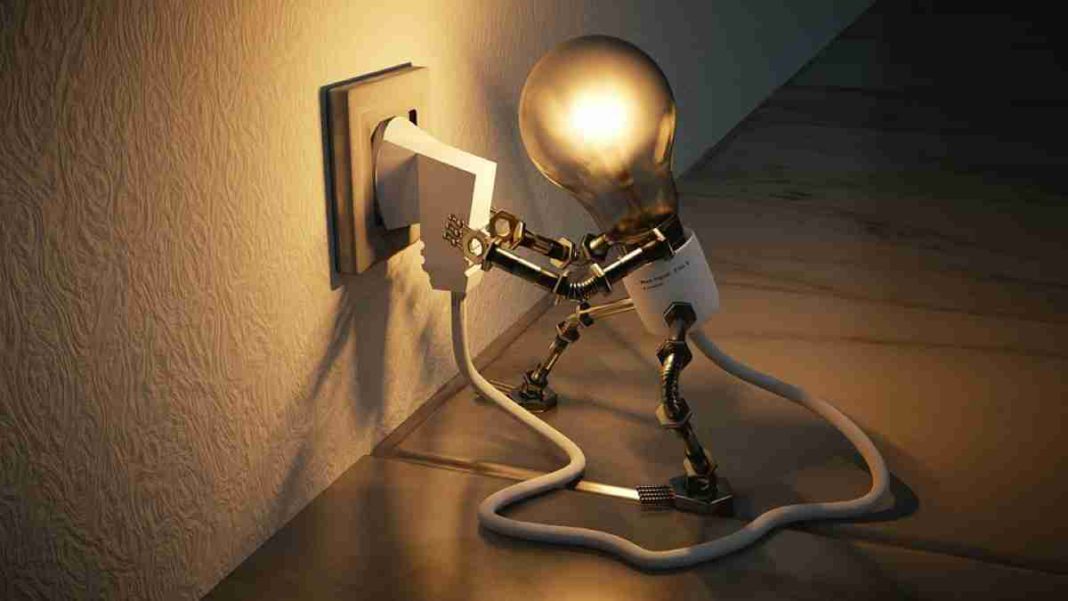INDIA: In philosophy and science, the question of free will has long been a hot topic of debate. Do humans have control over their actions, or are they predetermined by factors beyond their control? The answer to this question has been controversial for centuries, and the paradox of free will puzzles and intrigues experts today.
The concept of free will is a fundamental tenet of our society, as we rely on the belief that individuals have the power to make their own choices.
This belief is at the core of our legal system, which assumes that people are responsible for their actions and can be held accountable for their decisions.
The paradox becomes apparent when we delve deeper into the free will concept.
On the one hand, we feel like humans have free will because we experience the ability to make choices.
We can choose what to wear, what to eat, and how to spend our time. But on the other hand, our choices seem to be influenced by a variety of factors that are beyond our control.
Our upbringing, our environment, our genetics, and even our unconscious thoughts all play a role in the decisions we make.
In one study, researchers found that participants’ brain activity predicted their decisions up to seven seconds before they were aware of making them.
This finding suggests that unconscious processes in our brains determine our choices rather than them being the result of conscious decision-making.
Other studies have shown that external factors, such as the order in which a situation presents the choices can influence our choices.
For example, if a situation presents two choices in quick succession, we are more likely to choose the second option, even if it is objectively worse than the first. The finding suggests that factors that we are unaware of may influence our choices.
Despite these findings, many experts argue that the paradox of free will is not as straightforward as it may seem.
Some philosophers argue that we can still choose between options. According to them, we can make decisions even if uncontrollable factors influence our choices.
In other words, we may not completely control our decisions, but we still have some control.
Others argue that the concept of free will is inherently flawed and that the paradox is simply a result of our limited understanding of the universe.
According to the latter view, the laws of physics and the interactions of particles in our brains determine our choices, but this does not mean we do not have free will.
Instead, it implies that our choices are part of a larger, deterministic system. The paradox of free will raise important questions about the nature of consciousness and the limits of human understanding.
As scientists learn more about how the brain works and how complicated it is to make decisions, we may learn more about the paradox and the role of free will in our lives.
In the meantime, the debate over the paradox of free will continues to fascinate and challenge experts in philosophy and science.
Whether we decide that our choices are predetermined or that we have some control over them, the paradox of free will remains a complicated and interesting puzzle that has been puzzling people for centuries.
Also Read: Jevons Paradox: Why Increasing Efficiency Could Lead to Increased Consumption



